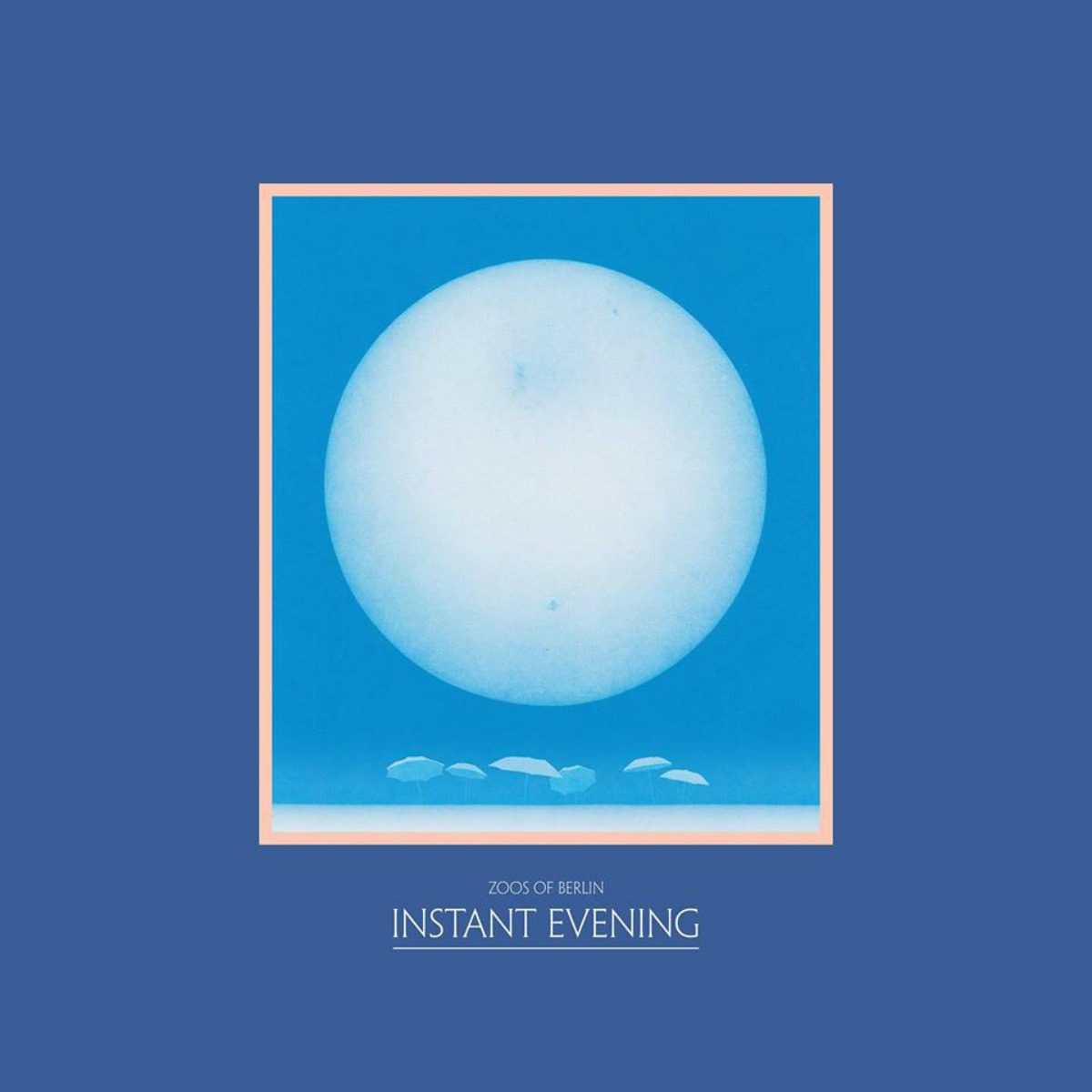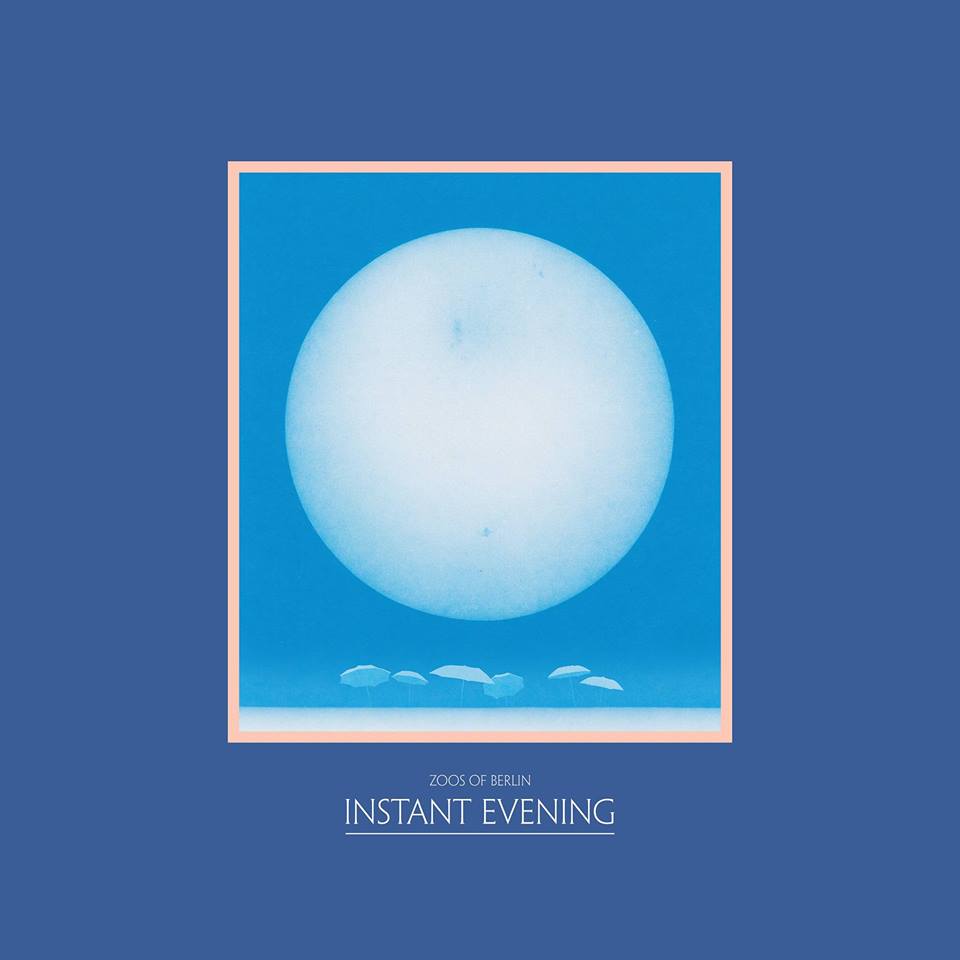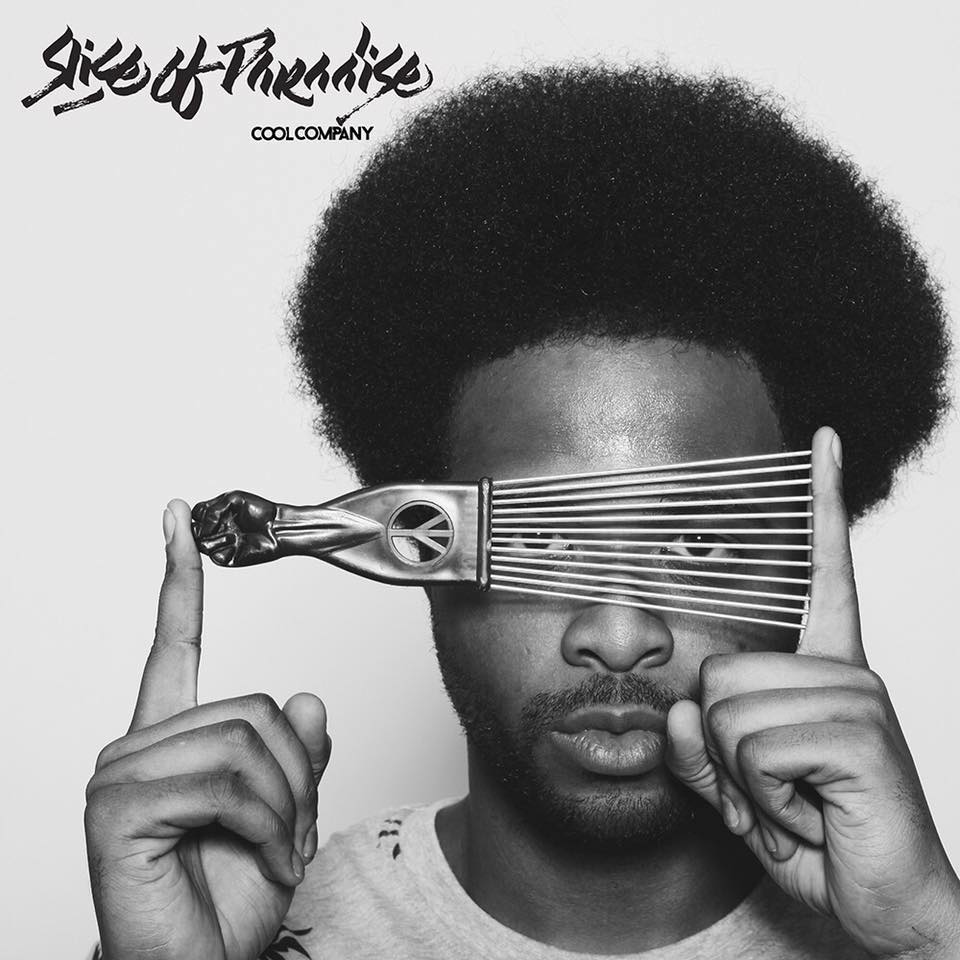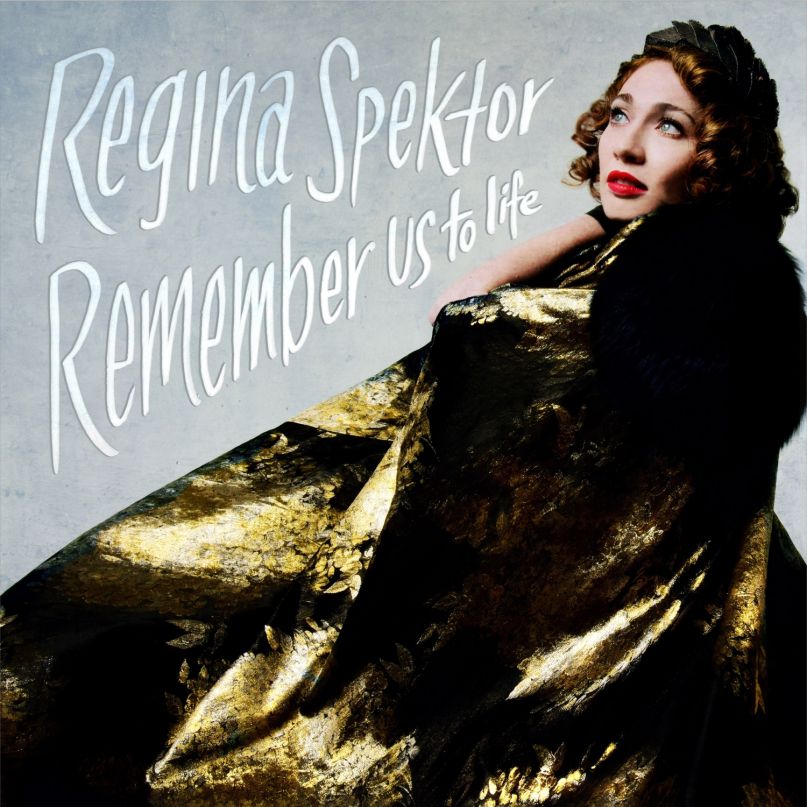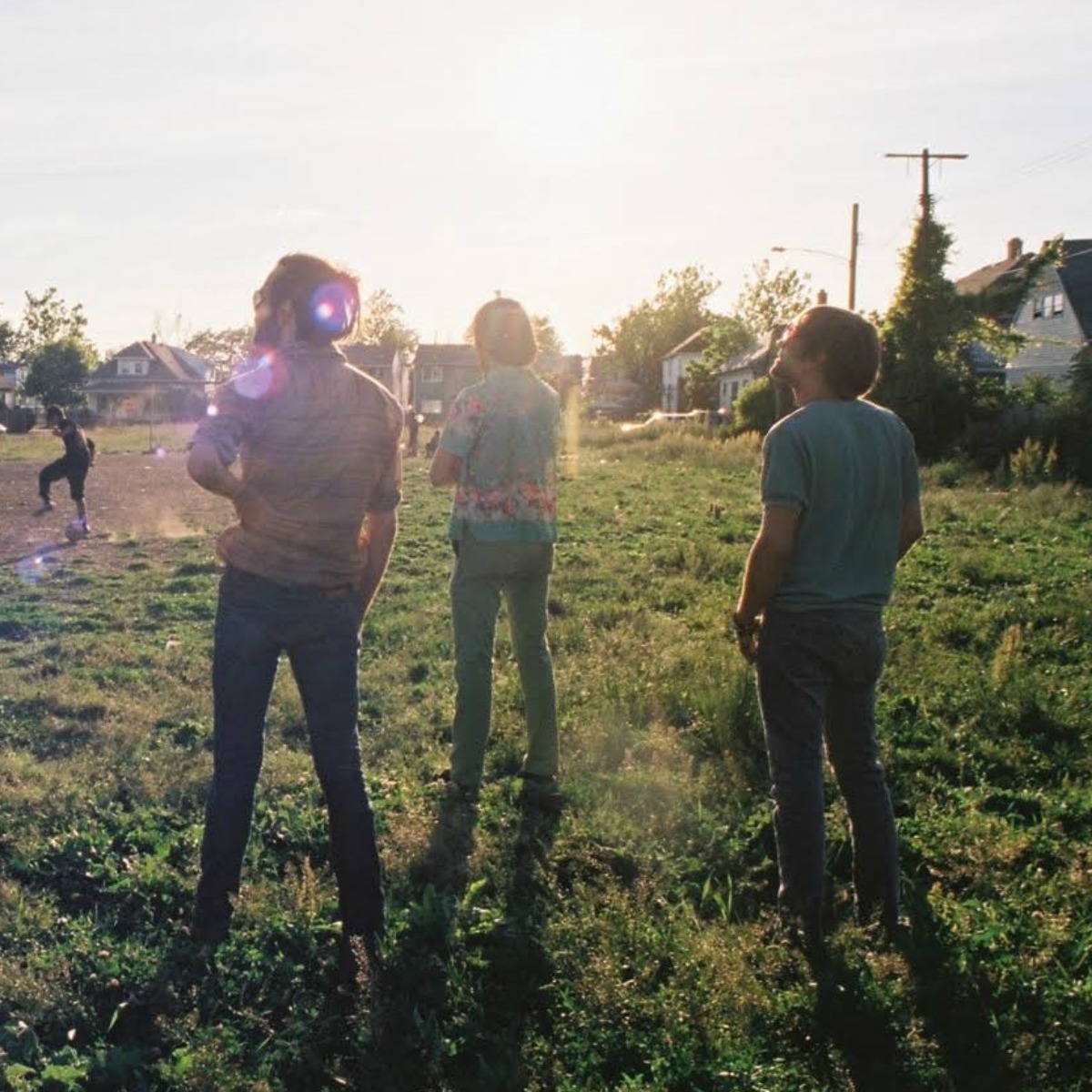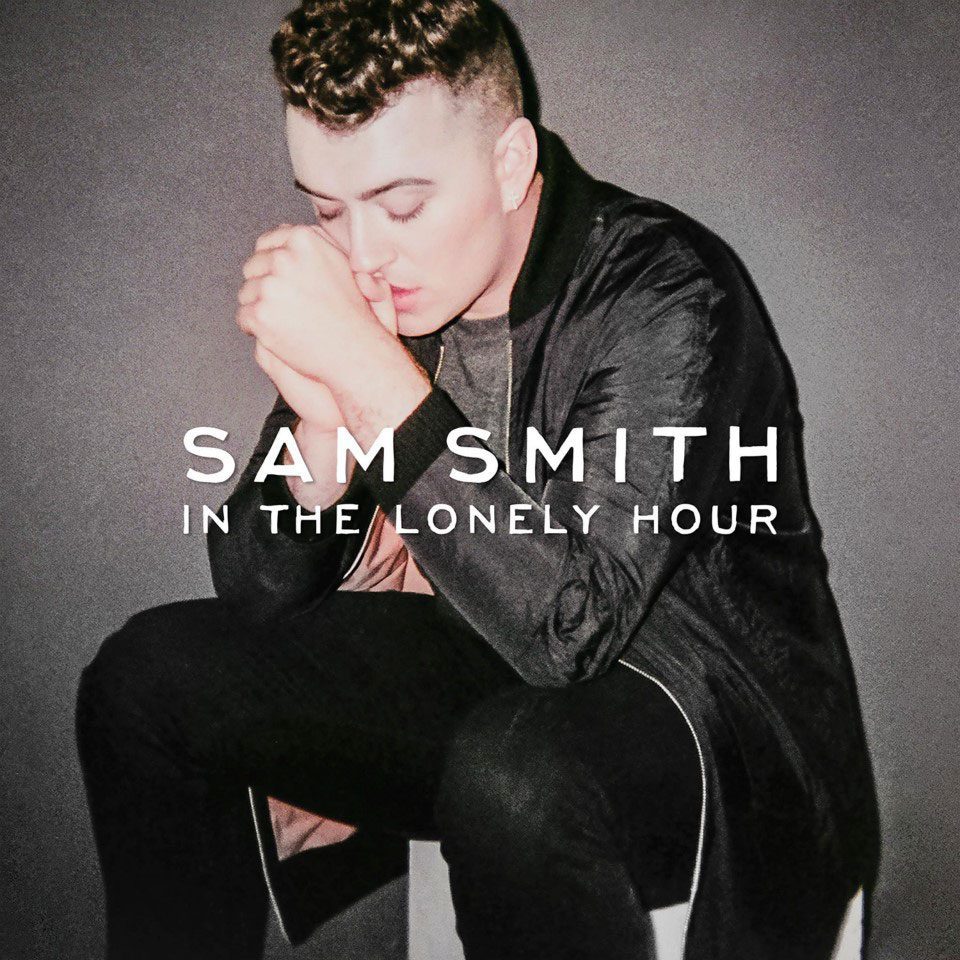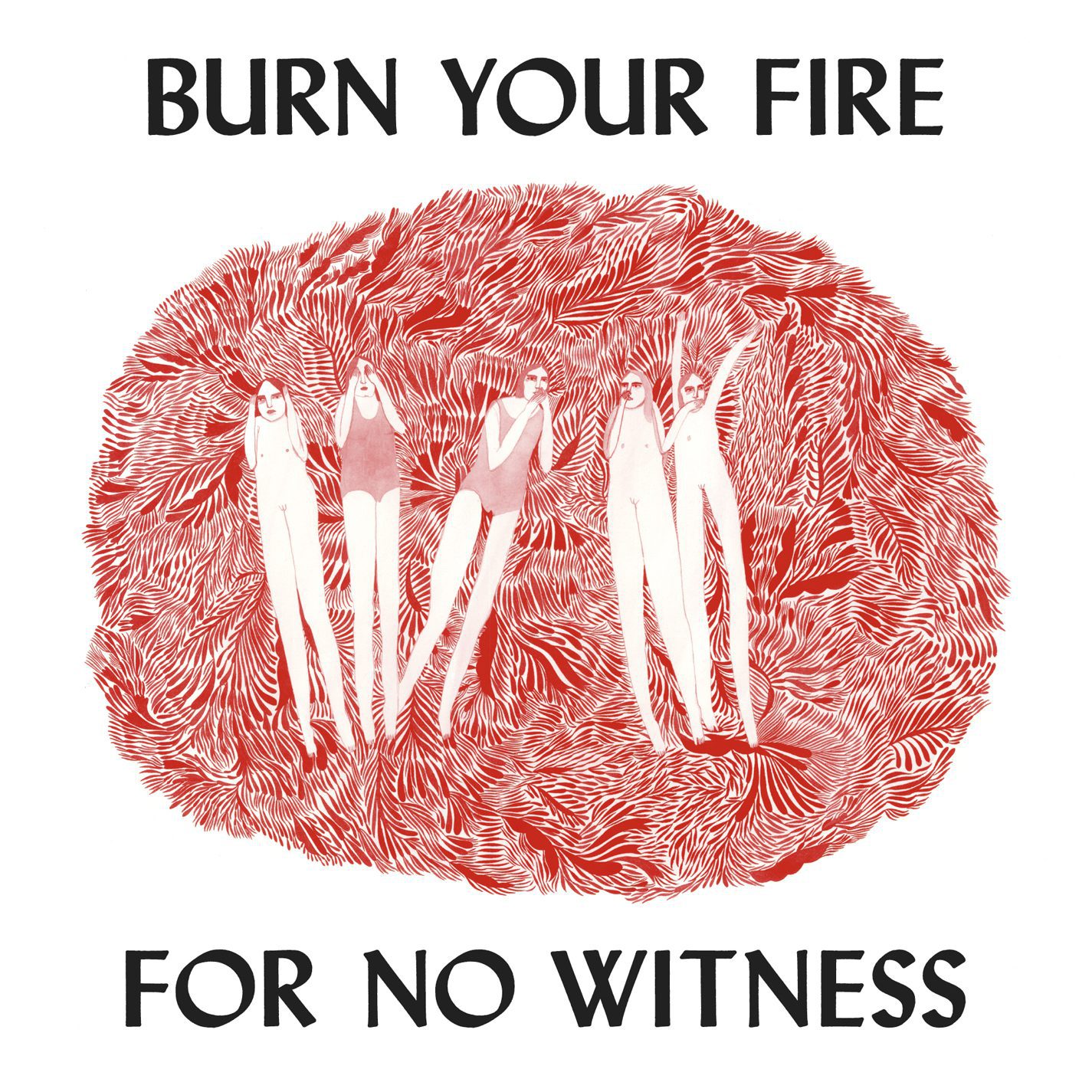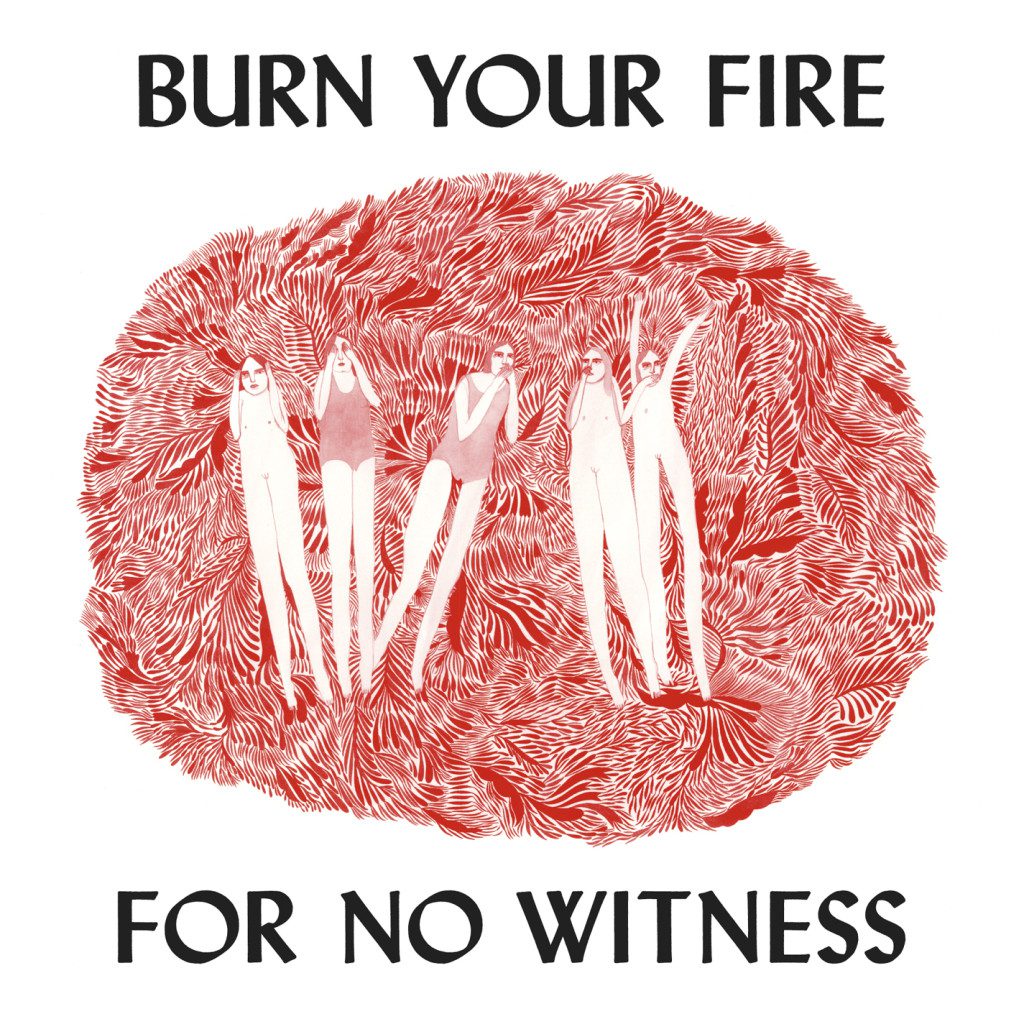PLAYING CINCY: Pop Empire Talk “Novena,” Finding Their Sound & Incense

Cincinnati trio Pop Empire recently dropped their nine-track album, Novena. The indie-rock outfit will head out on a supporting tour this month.
Novena marks the 10-year-old group’s first full-length album since 2014’s Future Blues and the first album with the group’s current lineup – founding member Henry Wilson, guitarist Katrina Eresman, and drummer Jake Langknecht.
Teased with singles “Sister Chaos,” “Black Wine,” and “For Maggie,” the record navigates glittery soundscapes of psychedelic and progressive rock, tied together by what the band labels as a feeling of “familiarity.”
Here, Henry, Katrina, and Jake talk about their recording process and learning to communicate as a band, which ultimately led to Pop Empire finding its unique sonic home in Novena. The bandmates also discuss the virtue of patience, studio magic, and the helpful scents of Nicki Minaj incense.
Stream Novena and check out their upcoming tour dates below.
AF: Congrats on your new album! Can you tell me about some of the underlying themes?
H: The songs came from each of us throughout different periods of time. Really what you hear on this album, is just the three of us playing in a room together and something, that the three of us have developed over a couple years, that is its own distinct sound. It’s certainly got plenty of familiar influences. I think there’s a lot of themes in the album that tie the songs together.
J: The recording of the album took place over a good couple of months. It was just the three of us, we didn’t really have anybody else’s time we were occupying and we weren’t spending a bunch of money at a studio. We were in a familiar space and we could really take our time to run takes of the songs, as many times as we needed to. Some of them hadn’t really been written or arranged, to a large degree, yet. As different as the songs might seem at first listen, from song to song, I think to all of us there is definitely a feeling of cohesion between them. We hammered them out in the same process and the same place with a lot of patience.
AF: What can you tell me about the significance of the title, Novena?
H: I would get in trouble if I didn’t give credit to my mother for actually coming up with the name, she suggested it. We had tried a bunch of titles—the album had come together long before the title was given. The number nine is significant—there’s nine songs on the album. The number nine is related to the word Novena, which means a nine-fold in Latin. It refers to an ancient form of prayer that was also adopted into Catholicism, which is a nine-day prayer in a traditional form. The reason for the number nine sounds, like, way more Hocus-Pocus than I really am [laughing].
AF: This is Pop Empire’s first album since 2014 and with the new band members. How does Novena differ from Future Blues?
K: The way that I feel all the songs are tied together in one piece is that we were trying to write them before we learned how to communicate as a band and as friends. Personally, I was communicating through the songs. I joined this band on a tour last minute so I came in and literally learned the guitar parts to play so it was very impersonal to me and I did that for a long time. I think that there was a period of time when we were trying to work on these songs and I was sort of, like, trying to play in that style still, like as the old guitarist, and fill those shoes. And then there was some point where I connected more. I think in general, I’m a little less traditionally skilled—a little bit more dirty, dissonant, and noisy as a guitarist. So now that I could see it in my own way I think that influenced the style, ‘cause all the songs existed in some form, and some of them for a really long time.
AF: What is each of your favorite song on the album?
K: I would say I’m surprised by how much I ended up liking “Riding The Crest” ‘cause it was very frustrating for a long time. I didn’t know what to do with it. And then it became something real different than what it was.
H: This is the song that, for Pop Empire nerds out there, was technically released as a bonus track on a Bandcamp download. Well, there was a song with the same name. It’s pretty vastly different. There was definitely a direct evolution from the beginning of the song into what it is now.
K: Now, it’s totally made me tear up before. It’s a really nice, emotive song.
AF: You’re also going on tour this month. Any new places for you?
H: I think there will be some new in-between spots. Even though Cincinnati is so close to so many towns, there are still lot of places we haven’t gone to as a band.
AF: Where do you draw inspiration from?
J: There’s a lot. Everything that I listen to nine months prior probably influenced this album. But the songs didn’t really come from any particular place except from me. It was natural enough with my style and the way I played, and our style, driving the album. We’ve been a band—and I’ve been playing with Henry for five years or more and I’ve known Katy now for two years—so we’ve established our own sound. I feel like the album itself had a sound before we even touched it.
K: Your style is like dark blocks. Dark-colored shapes and blocks–that’s how I picture your style, visually. That’s where you got your influence [laughing].
J: [Laughing] Cool.
K: Yeah, I don’t know for me either. I think I ended up thinking in the context of Drone-y music, like really heavy playing. I don’t like consciously point to people that I am inspired by, but I do find myself finding influence from bands.
H: For me, it’s going to be a lot of old stuff. A lot of 20’s and 30’s. While we were making this album we weren’t even listening to any of the same stuff. We just knew what sound the songs had once we heard it. When they’re all played together, to me, the songs all have to do with evoking a very calming and reassuring presence that feels very familiar, from like before you were born. If that kind of presence could be found, that’s what all of these songs were trying to go for.
AF: So maybe, stylistically, if there weren’t too many outside influences, this album was just you hitting your collective stride?
K: I think it could be. I’ve definitely read interviews where people will be like, ‘Oh, we just went in the studio and it was just there,’ and that’s kind of messed with my head because I have to try and would get frustrated if something didn’t come immediately. So I don’t like to say that, but on the other hand it is kind of what happened with this album. We were just working really hard all winter, over and over and over, and just kind of somehow ended up coming together. It showed that there is like a magic that can happen when we connect as musicians, it just took a while.
H: I think that’s a really good point. To anybody that wants to learn something, this absolutely is something that requires grit and perseverance. It was really tough, there were plenty of times where it could have felt easier to give up on the project, but we really stuck through it. The album only happened because of that.
AF: Exactly. What are some key takeaways you learned from recording this album?
J: We really came together as these three people. But also, for me, I never had the opportunity to really like take time in recording and be really patient with my parts. Short of deriving expectations—how do you get to where you have a song that is presentable as a final iteration? Both through the tools you need to use and also the working process.
H: Also, we used lots of incense to conjure the moments we were trying to create.
K: We had a Nicki Minaj incense.
H: And Ariana Grande.
AF: What do those smell like?
J: Who can say [laughing]?
K: Also, a little Charcuterie tray is very nice.
H: Yes, meats and cheeses and a fridge full of sparkling water.
POP EMPIRE TOUR DATES
9/4 – Fort Wayne, IN @ The Brass Rail
9/5 – Chicago, IL @ The Owl
9/7 – Minneapolis, MN @ Palmer’s Bar
9/9 – Nashville, TN @ The East Room
9/19 – Pittsburgh, PA @ The Mr. Roboto Project
9/20 – Philadelphia, PA @ House Show – RSVP for address
9/21 – Brooklyn, NY @ Knitting Factory
9/23 – Saratoga Springs, NY @ Desperate Annie’s



